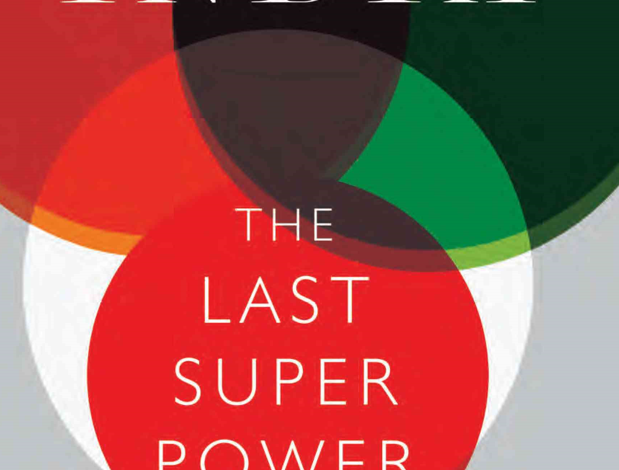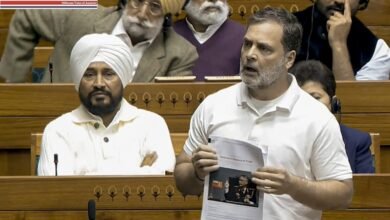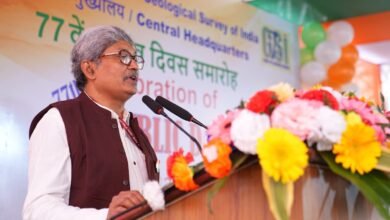How Is Netaji Subhash Chandra Bose Perceived In Japan? This Book Presents An Angle

An excerpt from Hiroshi Hirabayashi’s “India: The Last Superpower,” which Prem Motwani translated from Japanese.
Due to the necessity to recover from the bad circumstances in the Pacific war, particularly the need to secure resources, Japan looked for a fresh route out in Southeast Asia. Vietnam, the Malay Peninsula, and Indonesia were at that time governed by the French, British, and Dutch, respectively.
After ferocious battles, Japan eventually overthrew these suzerain nations one by one. The empire where the sun never sets was vanquished when British Lieutenant-General Arthur Ernest Percival submitted to General Tomoyuki Yamashita of the Imperial Japanese Army in Singapore in February 1942.
Before this, in 1941, Japan had started to approach the Indian soldiers in the British army in the Malay Peninsula in preparation for a future battle with Great Britain. Indian soldiers were upset as the fighting in the Malay Peninsula became fierce and the British army started to lose. With the assistance of General Mohan Singh, the Japanese army established the Indian National Army (INA) in the Malay Peninsula.
In Tokyo, freedom warriors like Rash Behari Bose and AM Nair attempted to retake control of the INA from Mohan Singh after seeking shelter in Japan and founding the Indian Independence League, respectively. Mohan Singh was unable to maintain control of the INA due to his violent behavior and lesser position in the army.
Hitler thought that Bose could be a barrier to racial harmony between Britain and Germany in addition to racial hatred. Bose assisted Germany in spreading its anti-British propaganda, but he could not disguise his feelings of shame.
When Japan capitulated on August 15, 1945, Subhas Chandra Bose had planned to see if he could count on the Soviet Union’s help. In any case, he made the decision to travel to Japan, but there is a claim that an accident on his flight claimed his life.
The uncertainty surrounding returning Netaji’s ashes to India has a sour flavor. The author shared his personal view with both of them and suggested splitting the remains into two pieces, taking one to India, and keeping the other piece at the Renkoji Temple. It was because the component brought to India won’t be interred but instead, in accordance with Hindu tradition, is most likely to be submerged in the sea or a holy river (the Ganges flows close to Kolkata).
News Mania Desk






